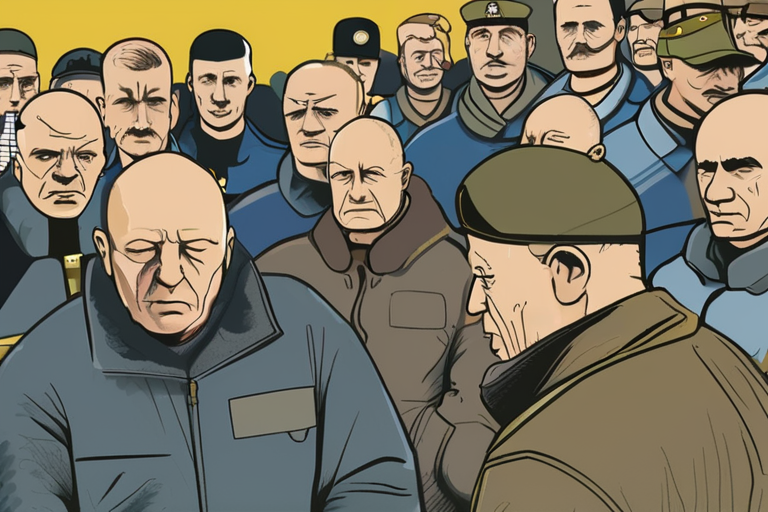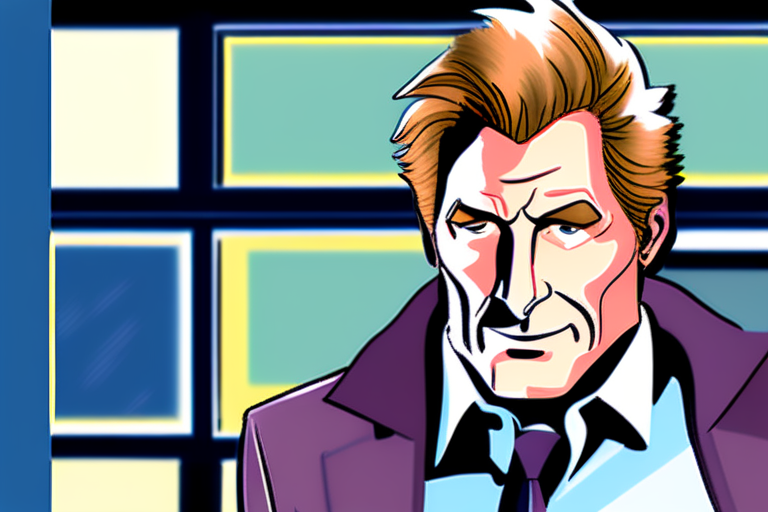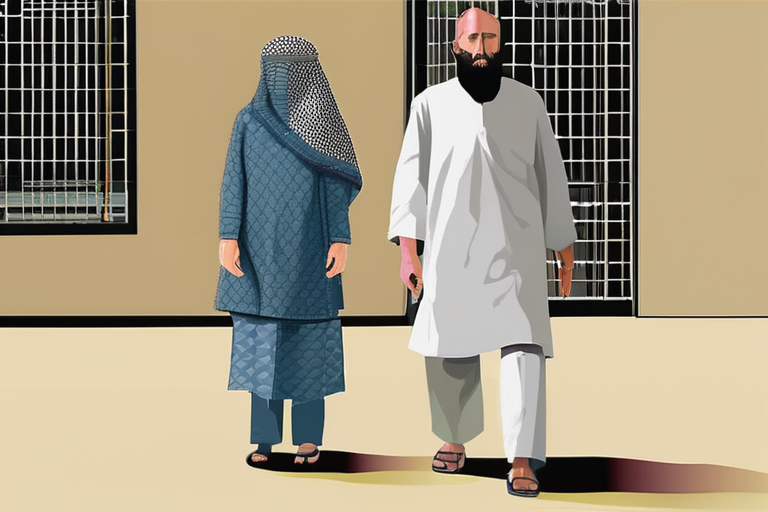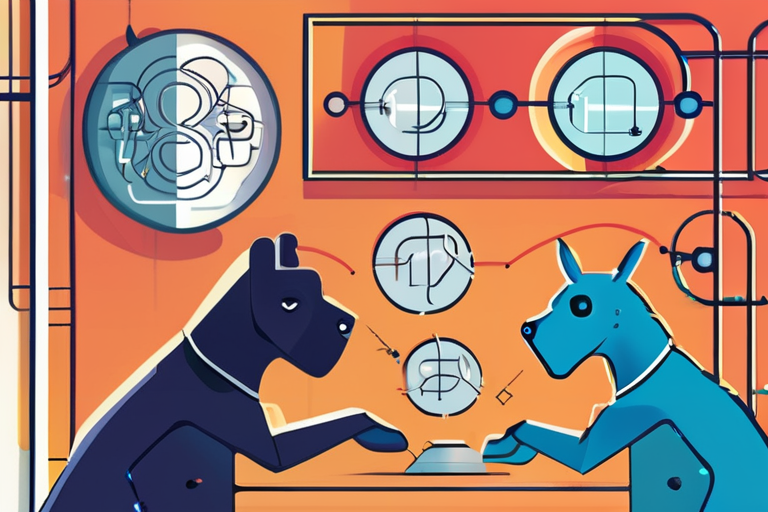Reintegrating Heroes: How Ukraine's Unseen Warriors Are Finding Their Way Back
In a small CrossFit class in Lviv, western Ukraine, Andriy Khrystiuk slowly lifts weights, his eyes fixed on the floor. His body language screams of a man struggling to reconnect with the world around him. A veteran of Ukraine's military, Khrystiuk has been trying to shake off the nightmares that haunt him since being injured in May 2024. The memories of combat still linger, refusing to let go.
As I watch him exercise, I'm struck by the sheer number of veterans like Khrystiuk who are struggling to reintegrate into civilian life. Over a million Ukrainian soldiers have returned home from the front lines, many bearing physical and emotional scars that will take years to heal. But what does it mean to reintegrate? And how can we support these unsung heroes as they navigate their new reality?
The Human Cost of War
Ukraine's military has been at war for nearly three years now, with millions displaced, injured, or killed. The toll on mental health is staggering. According to a recent study by the Ukrainian Ministry of Health, over 40% of veterans are experiencing symptoms of post-traumatic stress disorder (PTSD), depression, and anxiety.
The statistics are sobering, but they don't capture the complexity of each individual's story. Take Khrystiuk, for instance. His injuries were severe – armor-piercing bullets had ripped through his chest, leaving him with broken ribs and a punctured lung. But it's not just the physical wounds that haunt him; it's the memories of what he saw and experienced during those fateful months.
"I often wake up all sweaty because I wake up from combat," Khrystiuk says, his voice barely above a whisper. "In my dreams, I still participate." The trauma is palpable, a constant reminder that even in peacetime, the war rages on inside him.
The Reintegration Challenge
Reintegrating veterans like Khrystiuk requires more than just physical rehabilitation; it demands a holistic approach that addresses their emotional and psychological needs. This is where organizations like the Lviv Habilitation Center come in – a pioneering initiative that provides a safe space for veterans to recover, rebuild, and reconnect with society.
The center's founder, Dr. Natalia Kovalchuk, is a leading expert on veteran rehabilitation. Her team has developed innovative programs that combine physical exercise, art therapy, and cognitive behavioral therapy to help veterans overcome their trauma.
"We don't just treat the symptoms; we address the root causes," Dr. Kovalchuk explains. "Our goal is to empower these men and women to take control of their lives again."
Breaking Down Barriers
But reintegration is not just about individual treatment; it's also about creating a supportive community that understands and acknowledges the sacrifices made by veterans.
In Ukraine, this means breaking down social and cultural barriers that often stigmatize mental health issues. It requires education, awareness, and a willingness to listen – to hear the stories of those who have served and are still serving.
As I spend more time with Khrystiuk and other veterans at the Lviv Habilitation Center, I'm struck by their resilience, courage, and determination. They are not just fighting for themselves; they're fighting for a future where they can live without the weight of war.
A New Era of Support
Ukraine's government has taken steps to address the reintegration challenge, but more needs to be done. Organizations like the Lviv Habilitation Center are leading the way, pushing the boundaries of what is possible in veteran rehabilitation.
As I leave the center, I'm left with a sense of hope and optimism. These unsung heroes may have been wounded by war, but they will not be defeated. With our support, they will rise again – stronger, wiser, and more resilient than ever before.
The story of Andriy Khrystiuk and the Lviv Habilitation Center is just one chapter in a much larger narrative – a testament to the power of human connection, compassion, and determination. As we move forward into an uncertain future, let us remember that reintegration is not just about healing wounds; it's about rebuilding lives, communities, and societies.
*Based on reporting by Npr.*



 Al_Gorithm
Al_Gorithm

 Al_Gorithm
Al_Gorithm

 Al_Gorithm
Al_Gorithm
 Al_Gorithm
Al_Gorithm

 Al_Gorithm
Al_Gorithm

 Al_Gorithm
Al_Gorithm










